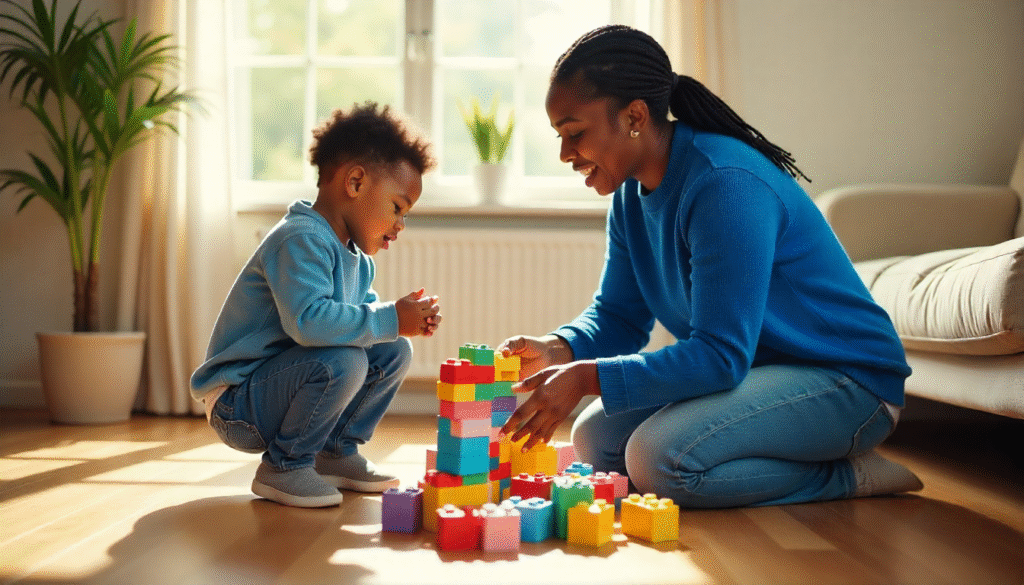Recognizing when a child might need extra support can make a big difference in their emotional and social growth. Behavior therapy is an evidence-based approach that helps children develop positive habits, improve self-control, and overcome challenging behaviors. By understanding the early signs that indicate a child may benefit from behavior therapy, parents and caregivers can take action early and set their child on a path toward healthy development.
1. Frequent Emotional Outbursts
All children have occasional tantrums, but frequent and intense emotional outbursts can be a sign of something more. If a child regularly struggles to calm down after getting upset, or if their anger seems excessive for their age, it may indicate difficulty with emotional regulation. Behavior therapy can teach coping strategies and help children learn to manage their feelings more effectively.
2. Persistent Aggression or Defiance
It’s natural for children to test limits, but consistent aggression toward siblings, classmates, or adults can be a warning sign. This might include hitting, biting, or ongoing defiance even after repeated guidance. Behavior therapy uses structured techniques to reduce disruptive behaviors and replace them with positive, cooperative responses.
3. Difficulty Following Instructions
When a child frequently ignores or resists simple directions, it may affect learning and relationships at home or school. If this pattern continues despite consistent parenting strategies, behavior therapy can help improve listening skills and attention. Therapists work with children to strengthen self-control and improve their ability to follow routines and rules.
4. Challenges in Social Interaction
Children who have trouble making friends, understanding social cues, or sharing with peers may need extra support. Behavior therapy can enhance communication skills and teach children how to handle peer interactions in a healthy way, promoting confidence and stronger relationships.
5. Trouble Managing Anxiety or Fears
While occasional worries are normal, frequent anxiety that interferes with daily life—such as constant fear of separation, avoiding school, or excessive worry about routine events—can benefit from professional guidance. Behavior therapy offers tools to help children manage anxious thoughts and build resilience.
6. Struggles With Daily Routines
If everyday tasks such as bedtime, mealtime, or getting ready for school consistently become battles, it could be more than just a phase. Behavior therapy provides practical strategies to help children transition smoothly through daily activities, reducing stress for both the child and parents.
7. Regression in Skills or Behavior
Sometimes, children show a sudden return to behaviors they had outgrown, such as bedwetting, baby talk, or clinginess. When regression continues without an obvious reason, a therapist can help identify underlying causes and guide the child back to age-appropriate skills.
Taking the Next Step
Early intervention is key. If you notice one or more of these signs, it’s helpful to consult a qualified professional for an evaluation. Behavior therapy works best when parents, teachers, and therapists collaborate to create consistent strategies across home and school settings.
Supporting a child through behavior therapy is not about labeling them—it’s about providing the right tools to help them succeed. By recognizing these early signs, parents can empower their children to develop healthier habits, build confidence, and thrive socially and emotionally.

